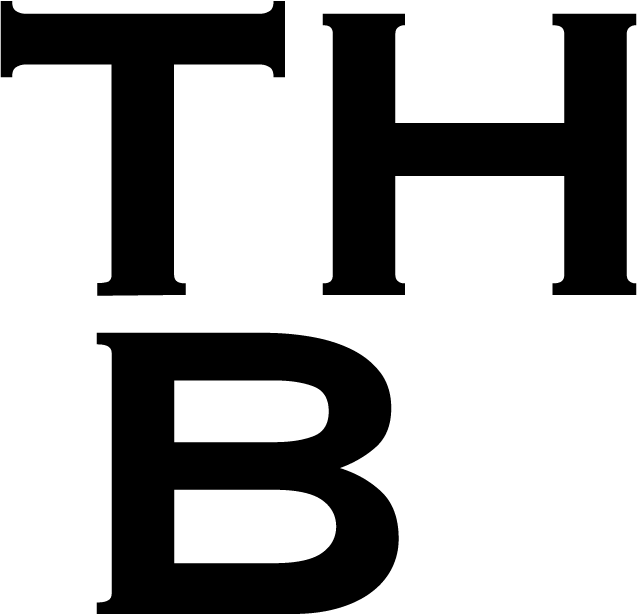
On digital minimalism
These are uncertain times, not just because of seemingly uncontrollable viruses or complete lock outs of entire countries. These times are special as they are challenging and disruptive as nobody could have ever imagined. Everything has multiple perspectives and people are not yet ready or trained to spot the right angle: overwhelming and overcoming.
Theory and Practice clash with the sometimes crude reality of our world and its rather unpredictable path.
Dueck
Pretty much all companies, as well as providers of higher education are shut down at the moment. Work in the office and physical lessons have been cancelled and are, where possible, assured and provided via digital technology. There are multiple platforms, applications and group communication tools for an even bigger amount of different expectations, uses, wanted and finally achieved outcomes. The approach to this new technology has been investigated differently on multiple levels across Europe for some time now:
There are entire countries or big corporations, which deliver widespread online tutoring or smart working possibilities, while utilising the remaining face-to-face time for the elaboration of and working on social and ethical skills. This often happens as an integral part of a long term political, governmental or managerial strategy.
Universities, as well as entrepreneurially oriented companies for their in-house training programmes, are more and more opening access to online education, lectures and interactions with renowned professors, managers or business owners to the entire world. For free. The commercial business model of private education is profoundly shifting from turnover directly linked to delivery of hard knowledge, to the unimaginable value of transmission of core and soft skills, experience and, why not, the lifelong membership to an exclusive network.
Everyday great tutors, managers and consultants are trying their best to persuade and engage children, teenagers, students or adults to create their very personal and hopefully uninhibited relation of technology and learning. These educators are doing an even greater job, where the system they are working in is not facilitating such ideas or concepts.
Acknowledging this, at the same time everybody seems to struggle to keep up with digitalisation. Entire countries or industries, big to small companies, as well as single human beings have to deal with it, on a global scale. We are all, to different degrees and from different angles surely, confronted with digital technology and its tools. “We didn’t, …, sign up for the digital world in which we’re currently entrenched; we seem to have stumbled backward into it.” (Newport, 2019)
Digital Minimalism, a solution?
Although the existence of tools for online, digital or remote meetings, training or lessons are known and used for quite a while now. A lot of education providers, as well as companies have taken their time to implement them. They have probably preferred to stick to known territory and take it slow with the digital side of things. Change and its management can be a lengthy and surely tricky process. Rather than being an Alpha-Geek (Kelly, 2010), by always and passionately being the first to implement and test every new possible tool,application or device, this longer reflection period may even be a good idea. A wise choice. In the before mentioned book, Cal Newport says that “thriving in our high-tech world, …, is to spend much less time using technology,” but to do so based on a thoroughly planned process. One that can not be the result of cost control, fear of technology or a lack of trained staff.
Every company or university needs to elaborate a philosophy of technology, something like a digital mission statement allowing management, members of staff, faculty, as well as students or emplyees to know where they are, where they’re asked to go and how. Such a philosophy could be Digital Minimalism as proposed in Newport’s eponymous book. The manual is generally used to find a better digital-technology / life balance, especially for social media, and to avoid addictive patterns. Looked at from a company’s or aninstitutions point of view, it’s three principals could be reinterpreted as follows:
Principle 1: Clutter is costly
Companies and schools need to recognise that cluttering their space or time and staff’s attention with to many devices, apps, and notifications may work in the beginning, but will be slowing everything down mid- or long-term. On the long run and with no motivated structure in place this may also lead to an overall negative cost that can swamp the small benefits that each individual technology item may provide in isolation.
Principle 2: Optimisation is important
Companies and schools need to understand that deciding a particular technology supports something they value is only a small first step. They will need to necessarily think and carefully plan about how to introduce and use technology, in order to truly extract its full potential benefit. These benefits may be opposite for different branches or levels of management within the same organisation. Solutions can only be found through a means to an end approach. The decision makers therefore need to be absolutely clear what these ends actually are, how much they are valued and finally, where they are situated in the company’s overall mission.
Principle 3: Intentionality is satisfying
It becomes clear that approaching decisions about technology is better done with unequivocal intention, as the approach can be more important than the impact of the actual decisions themselves. Members of staff or faculty will derive significant satisfaction from a general, but felt company’s or school’s commitment to being more intentional about how they enhance with technology. This source of satisfaction is independent of specific decisions that a company or school may take and grows in the distant future.
Technology, if used and implemented correctly, can and should help everybody to focus more easily. It can be a facilitating power to free time, to be creative again and perhaps to finally find that hour in which we can meet peers, managers or students to have an informal discussion over a cup of coffee. A minimalist approach to technology in companies or schools may seem to be less cutting edge, but the long-term results of it will prove you different. Some like to play along to probably win a few games short term. Others may want to adapt their strategy and re-write the rules, before imposing and playing a whole new infinite game (Sinek, 2018) for the long run. What type of player are you?
References:
Dueck, G., Bildung der Zukunft oder Kopfreform?. (2017), Teleakademie, SWR Fernsehen: link
Kelly, K., What Technology Wants. (2010), Viking Press.
Newport, C., Digital Minimalism: On living better with less technology. (2019), Penguin Business.
Sinek, S., The Infinite Game. (2018), Penguin Business.

